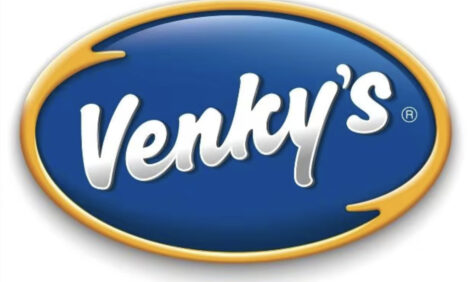



Country of Origin Food Labels are the Law
US - Consumer caution about the food we eat has become common because of recent food recalls and foodborne illness outbreaks.Concerned consumers now have the opportunity to purchase foods from countries where they feel there are better safety oversights. The Country of Origin Labeling (COOL) law was initially proposed by US farmers and ranchers who thought people would prefer to buy meat produced in the United States.
COOL is a federal regulation that requires retailers to clearly label the country where certain foods come from. Those food include beef, veal, lamb, pork, goat and chicken; farm-raised fish and shellfish; and wild fish and shellfish. Also included are peanuts, ginseng, pecans, macadamia nuts and perishable agricultural commodities (fresh and frozen fruits and vegetables).
In some small towns you may not see a COOL label on the fresh and frozen fruits and vegetables. It is only required at grocery stores, or meat markets, for these perishable agricultural commodities if that business purchases more than $230,000 of them during a calendar year.
Food service establishments are also exempt. Don't expect to see the COOL labels in lunchrooms, delis, food stands or restaurants. This is because processed and cooked foods are exempt too. A food can be called a processed food if it is combined with only one other ingredient.
You may also be surprised that the COOL label isn't always a sticker or printed label. The law provides for it to be simply a sign or a placard. In fact, the USDA encourages retailers to supplement stickers with point-of-purchase placards and other signage as a way to more clearly indicate information to consumers.








